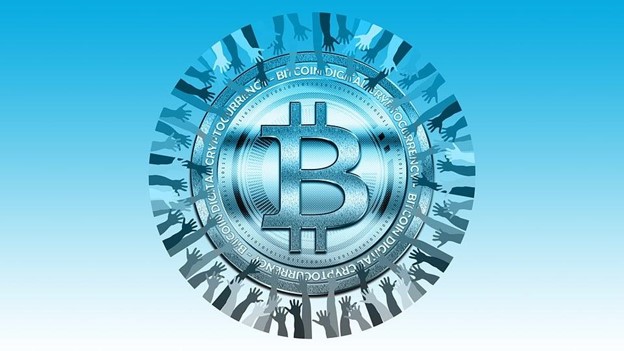The foundation of the blockchain and crypto industry as a whole has been to increase the accessibility, efficiency, and transparency of money. The most prosperous companies in this emerging market ended up being centralized crypto exchanges and other forums where complete power over decision-making was consolidated in the hands of a few people or businesses.
In recent months, we have seen a steady stream of high-profile disasters that have swallowed some of the greatest names in the cryptocurrency sector. This crisis most recently involved the enormous exchange FTX.
The fall of FTX shows that the cryptocurrency market is extremely volatile. As a result of the collapse of FTX, experts suggest that decentralized finance or DeFi could be the future of finance. In this article, we’ll explain what DeFi is and why it looks to be the future of finance.

Why Is DeFi So Popular Among Financers?
Decentralized finance focuses on transparent smart contracts on blockchains and gives people custody of tokens rather than companies. This makes it impossible for any DeFi platforms to mishandle consumer money.
Although developers can still update the smart contracts on their platforms in the future, they frequently publish new ideas and request feedback from their communities. Apart from that, DeFi platforms generally run autonomously and according to their code.
Although this system is not completely impenetrable, it is miles ahead of centralized finance in terms of openness and justice, giving users access to a wide-ranging and inclusive environment where they retain full control over their assets.
Trading volume on decentralized exchanges increased by over 11% in 2022, reaching $62 billion. According to the analytics company Nansen, lending protocols like Compound and Aave are among those with significant user and trade development.
Investors in digital assets are relocating to the crypto’s decentralized core after seeing Sam Bankman Fried’s FTX fail. This is due to the likelihood that those with money invested in FTX may lose it. Many sizable venture enterprises and Web3 businesses informed their investors that a sizable amount of their assets had been lost to crypto exchanges (CEXs).
On the other hand, decentralized exchanges like Balancer, Uniswap, and Curv have been operating efficiently, allowing users to liquidate their cryptocurrency positions or profit from low prices and buy-in. Users may have noticed a decline in the dollar worth of their portfolios, but they have never lost access to their assets.
Even when you are regularly trading your assets, it is a smart option to have ownership over them constantly. DeFi enables individuals to accomplish this. Decentralized exchanges operate independently and don’t own any cryptocurrency belonging to their users’ accounts – they act as intermediaries. This makes it possible to prevent liquidity crises, which occur when a CEX is obliged to halt withdrawals because it does not have access to adequate assets.
Final Thoughts
In a nutshell, the Binance and FTX controversy has highlighted several flaws and weaknesses frequently present in centralized exchanges. It has once again demonstrated why DeFi is the destiny of global finance. However, it’s still unclear how long the move toward decentralized protocols will last. Buterin, the creator of Ethereum, claimed that DeFi could be more long-term scalable, usable, and approachable. Therefore, we have yet to see the future direction consumers will take.
